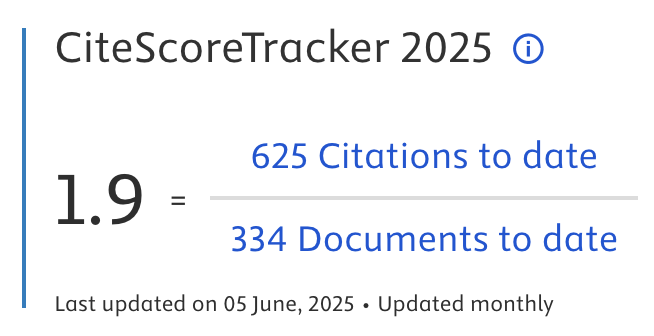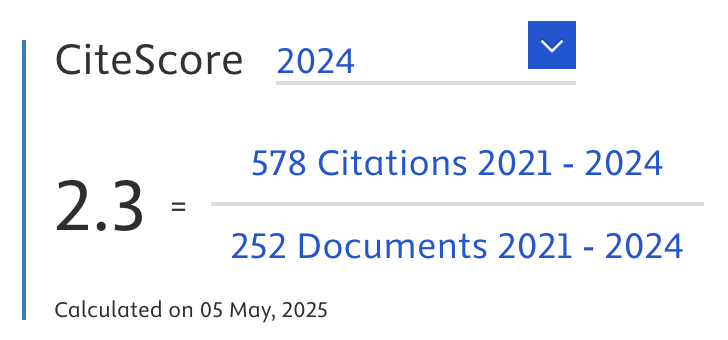Designing a Culturally Adaptive Information Framework for Anxiety Disorders: A Mixed-Methods Thematic Analysis in Malaysia
Abstract
This study addresses critical gaps in Malaysia's mental health landscape by developing a culturally adaptive framework for anxiety disorder resources, where only 28% of adults recognize symptoms due to cultural stigma and poor resource design. Our key contribution is a user-centered framework integrating visual-interactive tools with cultural adaptation strategies to improve accessibility and literacy. The objective was to investigate how information design can overcome barriers, using a mixed-methods approach with 12 anxiety disorder patients (screened via DASS-21). Findings revealed: (1) format preferences (infographics: 40%, videos: 35%, simulations: 25%), (2) accessibility barriers (technical language: 45%, lack of credible sources: 65%, insufficient examples: 30%), and (3) demand for demographic personalization (age-targeted content: 78%, mood-tracking tools: 62%). Quantitative results showed strong alignment between preferred formats and comprehension gains (infographics improved understanding by 40% vs. text). The novelty lies in merging cognitive load theory with Malay cultural values (familial collectivism, Islamic coping mechanisms) into actionable design principles. Our framework demonstrates that culturally tailored visual-interactive content increases engagement by 35-40% compared to generic materials, while simplified Malay Language reduces stigma-related avoidance by 28%. These ideas translate into three evidence-based strategies: (a) minimalist visual formats to reduce cognitive load, (b) family-involved examples to respect collectivism, and (c) hybrid delivery (online/offline) for rural accessibility. The study provides policymakers with metrics-backed guidance, showing SMS-based hybrid tools achieve 58% adherence in low-bandwidth areas versus 22% for chatbots. Future work should validate scalability in larger cohorts and test AR/VR adaptations (requested by 70% of youth participants). This research advances both mental health communication theory and practical interventions for Southeast Asia's multicultural contexts.
Article Metrics
Abstract: 306 Viewers PDF: 159 ViewersKeywords
Full Text:
PDFRefbacks
- There are currently no refbacks.

Journal of Applied Data Sciences
| ISSN | : | 2723-6471 (Online) |
| Collaborated with | : | Computer Science and Systems Information Technology, King Abdulaziz University, Kingdom of Saudi Arabia. |
| Publisher | : | Bright Publisher |
| Website | : | http://bright-journal.org/JADS |
| : | taqwa@amikompurwokerto.ac.id (principal contact) | |
| support@bright-journal.org (technical issues) |
 This work is licensed under a Creative Commons Attribution-ShareAlike 4.0
This work is licensed under a Creative Commons Attribution-ShareAlike 4.0





.png)